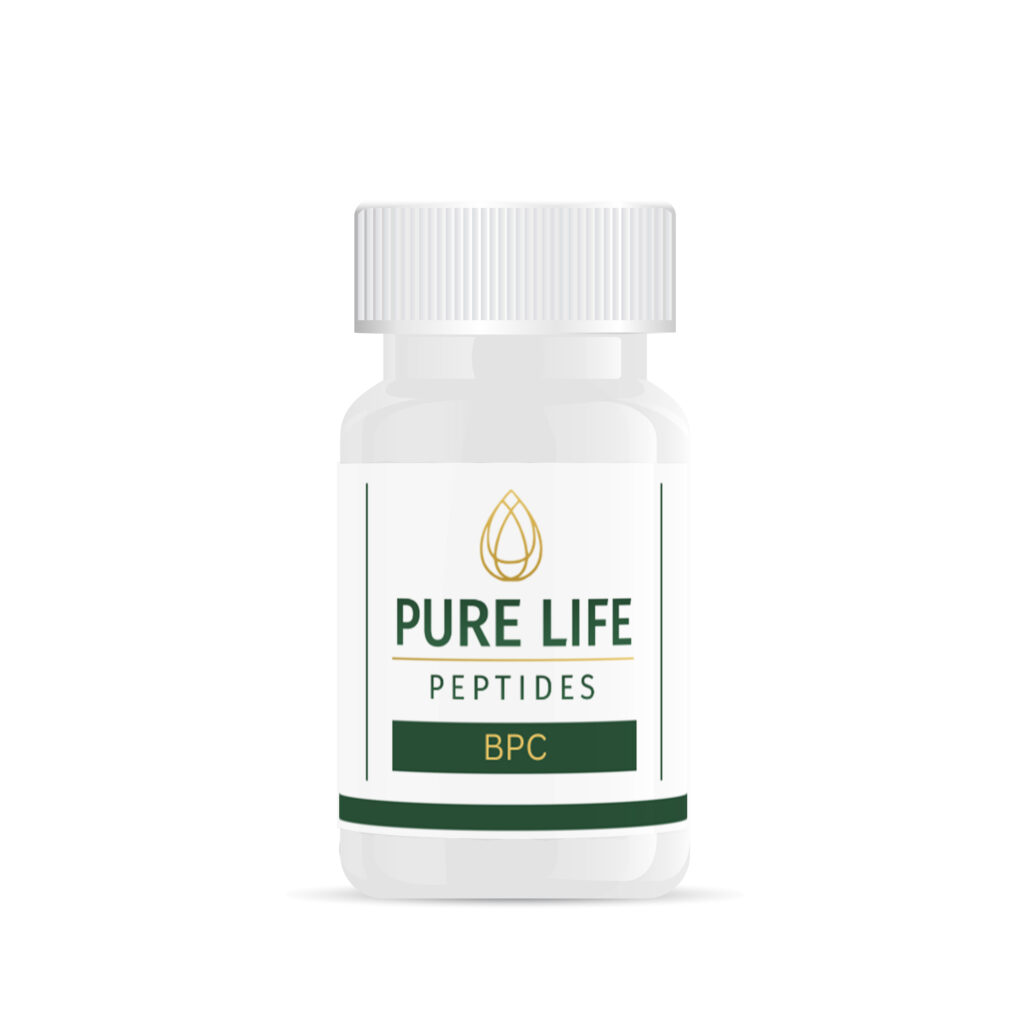Peptides are making waves in the world of scientific research, offering unique insights into how our bodies communicate on a molecular level. But what exactly are research peptides, and why have they captured the curiosity of researchers worldwide? Let’s break down the essentials in a clear, engaging way—no science degree required.
What Are Research Peptides?
Simply put, research peptides are lab-synthesized chains of amino acids used for scientific investigation. These peptides help researchers study how different biological processes work without the need for complex protein structures. Unlike therapeutic peptides approved for medical use, research peptides are strictly for laboratory-based studies to advance our understanding of biology.
Why Are Research Peptides Important?
Peptides serve as molecular messengers within the body, helping cells communicate and regulate essential functions. Researchers study peptides to explore:
- Cell Communication: Understanding how peptides influence cellular signals.
- Metabolic Processes: Investigating their potential role in metabolism and energy regulation.
- Tissue Repair: Examining how certain peptides may support the body’s natural repair mechanisms.
- Immune Function: Studying peptide interactions with immune responses.
These insights can lead to breakthroughs in medicine, diagnostics, and biotechnology.
The Advantage of Research Peptides in Scientific Discovery
Pure Life Peptides is committed to advancing peptide research through high-quality, tested peptides.
Research peptides play a pivotal role in scientific innovation, offering flexibility and potential that often surpasses traditional research tools. Unlike FDA-approved medications, which have specific, defined uses, research peptides provide scientists the opportunity to explore new biological pathways and uncover mechanisms that might lead to future treatments. This dynamic and exploratory nature makes research peptides invaluable in pushing the boundaries of what we know about human biology.
While peptide-based medications like Victoza™ for diabetes or Lupron™ for prostate cancer have gained FDA approval after rigorous testing, research peptides remain a key driver in the early stages of discovery. They allow researchers to test hypotheses, explore novel therapeutic targets, and develop the next generation of medical breakthroughs—all within controlled, compliant environments.
Where Are Research Peptides Making an Impact?
The versatility of peptides has sparked interest across multiple research fields, including:
- Metabolic Disorders: Exploring peptides that may influence insulin sensitivity and weight regulation.
- Oncology Research: Investigating peptides that might target cancer cells more precisely.
- Neurology: Studying peptides with potential links to cognitive function and neuroprotection.
- Infectious Disease: Examining peptides that may help modulate immune responses against pathogens.
How Are Peptides Studied?
Research peptides are tested through various methods, including:
- In Vitro Studies: Lab experiments performed in controlled environments to observe cellular interactions.
- Animal Models: Preclinical research helps evaluate peptide behavior in living systems.
- Computational Simulations: Advanced algorithms predict how peptides might interact with different biological pathways.
These research techniques contribute to the growing knowledge base surrounding peptides and their potential applications.
Peptides and Their Classifications
Peptides are named and categorized based on their amino acid composition:
- Dipeptides: Composed of 2 amino acids.
- Tripeptides: Made up of 3 amino acids.
- Oligopeptides: Chains containing fewer than 10 amino acids.
- Polypeptides: Longer chains with more than 10 amino acids.
Peptides with over 40-50 amino acids often cross into the realm of proteins, though exceptions exist like insulin, which some classify as both a peptide and a protein.
Regulatory and Ethical Considerations
Pure Life Peptides follows industry best practices to provide research peptides with verified COAs.
Research peptides are not intended for human consumption and must be used exclusively for scientific purposes. Reputable suppliers ensure these peptides are produced for laboratory use, with clear labeling and documentation. As this field evolves, ethical research practices remain paramount to maintaining integrity and trust.
Looking Ahead: The Future of Peptide Research
Peptides are unlocking new avenues in scientific research, from metabolic regulation to precision oncology. As researchers continue to decode these versatile molecules, we move closer to potential breakthroughs in diagnostics, therapeutics, and personalized medicine.
Final Thought
Pure Life Peptides ensures that all peptides undergo rigorous COA testing for research accuracy.
The world of research peptides is as fascinating as it is complex. With ongoing studies revealing new connections between peptides and fundamental biological processes, this field will undoubtedly remain a cornerstone of modern scientific exploration.










